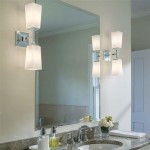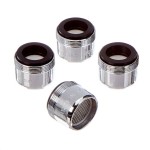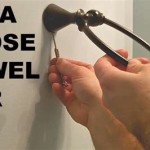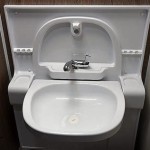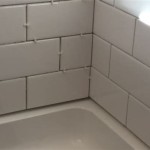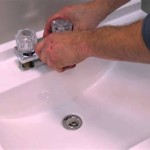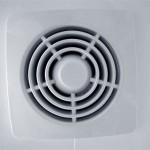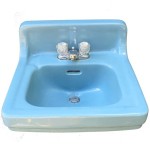Hooking Up Pipes Under Bathroom Sink: A Comprehensive Guide
Revamping the plumbing under your bathroom sink can be an intimidating task, but with the right tools and guidance, it can be accomplished effortlessly. This comprehensive guide will walk you through the essential aspects of hooking up pipes under your bathroom sink, ensuring a seamless and leak-free installation.
Gathering Essential Tools and Materials
Before embarking on this task, gather the necessary tools and materials:
- Wrenches (adjustable and basin)
- Plumber's putty
- Teflon tape
- New supply lines (if needed)
- Basin wrench
- Washers
- Flashlight
- Bucket
Preparing the Work Area
Clear the area under the sink and place a bucket beneath the pipes to catch any potential leaks. Turn off the main water supply and open the faucet to release any remaining water in the lines. Use a flashlight to inspect the area thoroughly and identify the location of the pipes and connections.
Disconnecting the Old Pipes
Using the adjustable wrench, carefully loosen the nuts connecting the supply lines to the faucet and drain. Disconnect the P-trap (the U-shaped pipe) by unscrewing the nuts at both ends. Remove the old drain flange (the metal piece around the drain hole) and apply a bead of plumber's putty to the underside of the new flange.
Installing New Supply Lines
Inspect the supply lines and replace them if necessary. Wrap Teflon tape clockwise around the threads of the new lines, starting from the end. Tighten the lines onto the faucet and drain using a wrench, ensuring they are snug but not overtightened. Connect the P-trap by hand-tightening the nuts and using a basin wrench to secure them further.
Connecting the Drain
Insert a new washer into the drain flange and place it over the drain hole. Secure it with the nuts. Connect the P-trap to the drain flange and hand-tighten the nuts. Use the basin wrench to tighten them firmly.
Installing the Pop-Up Drain
If your sink has a pop-up drain, insert the stopper rod through the hole in the drain flange and connect it to the pop-up mechanism under the sink. Tighten the nuts on the rod to secure it.
Re-Connecting the Water Supply
Turn on the main water supply and check for leaks at all the connections. If there are leaks, tighten the nuts further or wrap additional Teflon tape around the threads. Allow the water to run for a few minutes to ensure the system is working properly.
Finishing Touches
Inspect the area again for any leaks or loose connections. Wipe away any excess putty or water with a rag. Clear the area under the sink of any tools or debris.
Congratulations! You have successfully hooked up the pipes under your bathroom sink. With proper care and maintenance, your plumbing should function flawlessly for years to come.

How To Install P Trap And Bathroom Sink Drain Piping Easy Installation For Beginners

How To Install A Pipe From Sink Drain Wall Ehow

Bathroom Sink Plumbing Installation Diy Montreal
How To Install Bathroom Sink Drain Queen Bee Of Honey Dos

Bathroom Sink Plumbing Installation Diy Montreal

How To Install A Flexible Waste Pipe When The Drain Doesn T Line Up Handyman S Daughter

How To Install A Flexible Waste Pipe When The Drain Doesn T Line Up Handyman S Daughter

How To Connect A Bathroom Sink Drain

The 10 Most Common Plumbing Mistakes Diyers Make

What Is The Bathroom Sink Plumbing Rough In Heights
